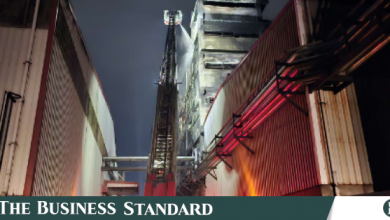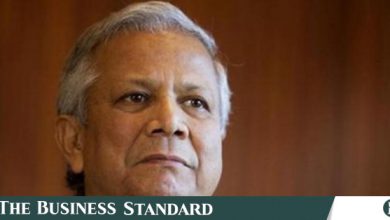Public Procurement Authority plans piloting of SPP in 2024-25 fiscal


As part of efforts to attain SDG Goal 12 as well as Target 12.7, Bangladesh Public Procurement Authority (BPPA) mulls piloting of Sustainable Public Procurement (SPP) in the country from the financial year of 2024-2025.
Mohammed Shoheler Rahman Chowdhury, chief executive officer (CEO) of BPPA, revealed the plan while talking at the opening of a three-day training for master trainers of sustainable public procurement at a city hotel.
Organised by the BPPA in collaboration with the World Bank, the ToT that commenced on 27 June concluded on 29 June .
A total of 38 participants comprising officers of the BPPA, national procurement trainers and representatives of various procuring agencies took part in the training.
Nagaraju Duthaluri, lead procurement specialist of the World Bank, Dhaka Office, addressed the welcome speech while the opening remarks were made by Operations Manager Gayle Martin.
In the process of SPP, environmental, social and economic factors are considered on the basis of a whole life cycle value of any goods, works and services to achieve value for money.
The World Bank has engaged an international consultant Jellie Molino under the Climate Support Facility–Bangladesh grant for a knowledge-sharing program on Green Procurement.
Jellie developed a training module in consultation with BPPA for GPP/SPP master trainers. She delivered training to the SPP master trainers.
The use of SPP/GPP instead of traditional procurement will help countries deliver on SDGs, improve environmental performance and develop markets with sustainable products and services and drive innovation.
It also will contribute to social equity and gender equality.
BPPA formulated the SPP Policy under Digitizing Implementation Monitoring and Public Procurement Project (DIMAPPP) in 2023 with support from the World Bank.
The government, upon approval of the SPP Policy, published the gazette on 10 December 2023.
BPPA has also formulated SPP Guidelines which is now under consideration of the government for approval. Primarily, six products have been selected for piloting of SPP.
These are paper and paper products, office supplies, computer and other electronic equipment and supplies, office and other furniture or related wooden appliances, vehicles and other transportation equipment, and official paper-made publications.
However, considering the impact on the environment, four other sectors like building and road constructions, water and energy are now considered for piloting of SPP. The BPPA has also selected focal persons for this from the respective procuring agencies.
The CEO of BPPA said capacity development is very vital for implementing the SPP. That is why in the first group training has been provided to 38 master trainers to develop them as experts in SPP. There will be more such training to develop more trainers in the country.
Sustainable Development Goal 12 speaks of ensuring sustainable consumption and production patterns and the SDG Target 12.7 spells out promotion of public procurement practices that are sustainable, in accordance with national policies and priorities.




